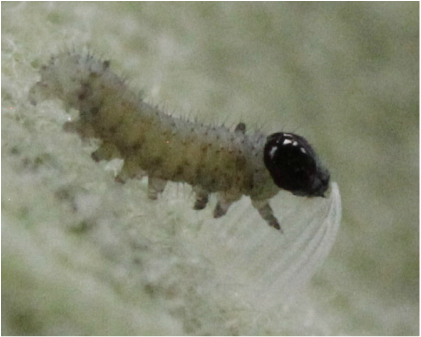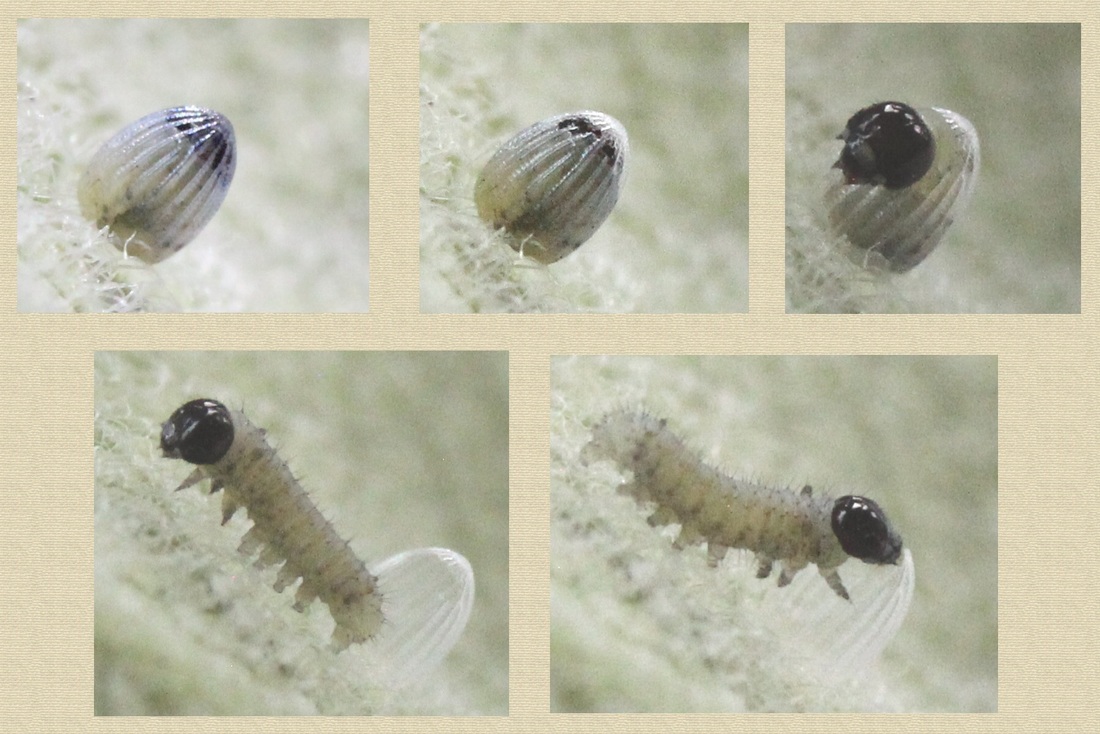Ok! Ok! OK! I admit it! Things are starting to get a little overwhelming! I am scheduled to speak about Monarchs in Wicomico and Worcester counties next Tuesday. I have been furiously working on this web site and my presentation. I am excited to spread my passion for Monarchs and pollinators!
Did I mention that I have over 200 Monarchs in various stages from egg to chrysalis on my dining room table? Did I mention that I am some how taking them all with me (along with my husband, adult son, and a giant puppy)? Did I mention that I have to feed all those larvae? Whew! I am going to have to be very organized! I am going to pack several bags of milkweed leaves. I hope that the patch of milkweed near Assateague Island is still there. The woman who is coordinating my talks has graciously offered some of her milkweed. This, my friends, is going to be interesting!
My friend, Sara Yousa (mentioned before), is a fantastic photographer. I put these pictures on my site today, but I wanted to share them here, on my blog. The larva has just emerged from his/her egg. He/she will eat the eggshell before starting to eat milkweed. They are pretty cool, right? Especially when you consider this is practically microscopic!
Did I mention that I have over 200 Monarchs in various stages from egg to chrysalis on my dining room table? Did I mention that I am some how taking them all with me (along with my husband, adult son, and a giant puppy)? Did I mention that I have to feed all those larvae? Whew! I am going to have to be very organized! I am going to pack several bags of milkweed leaves. I hope that the patch of milkweed near Assateague Island is still there. The woman who is coordinating my talks has graciously offered some of her milkweed. This, my friends, is going to be interesting!
My friend, Sara Yousa (mentioned before), is a fantastic photographer. I put these pictures on my site today, but I wanted to share them here, on my blog. The larva has just emerged from his/her egg. He/she will eat the eggshell before starting to eat milkweed. They are pretty cool, right? Especially when you consider this is practically microscopic!


 RSS Feed
RSS Feed